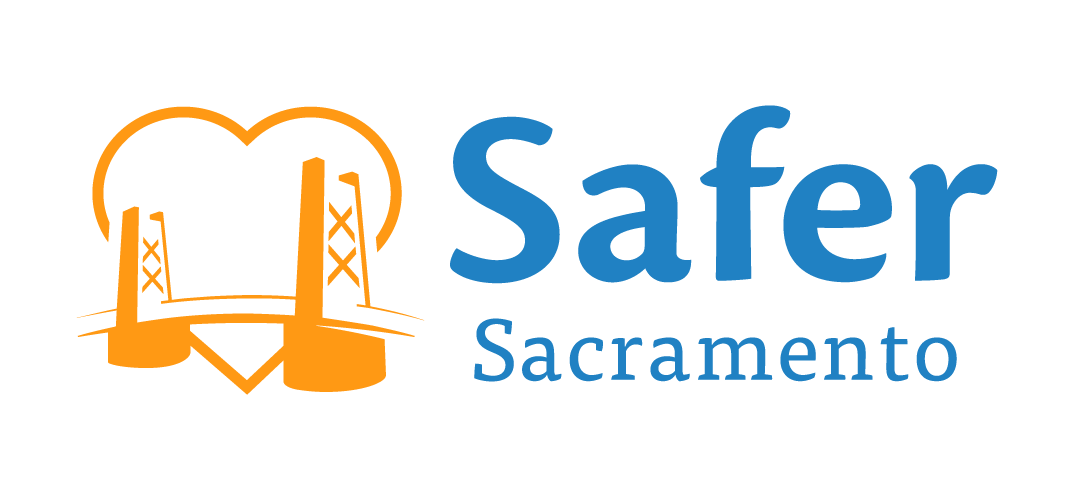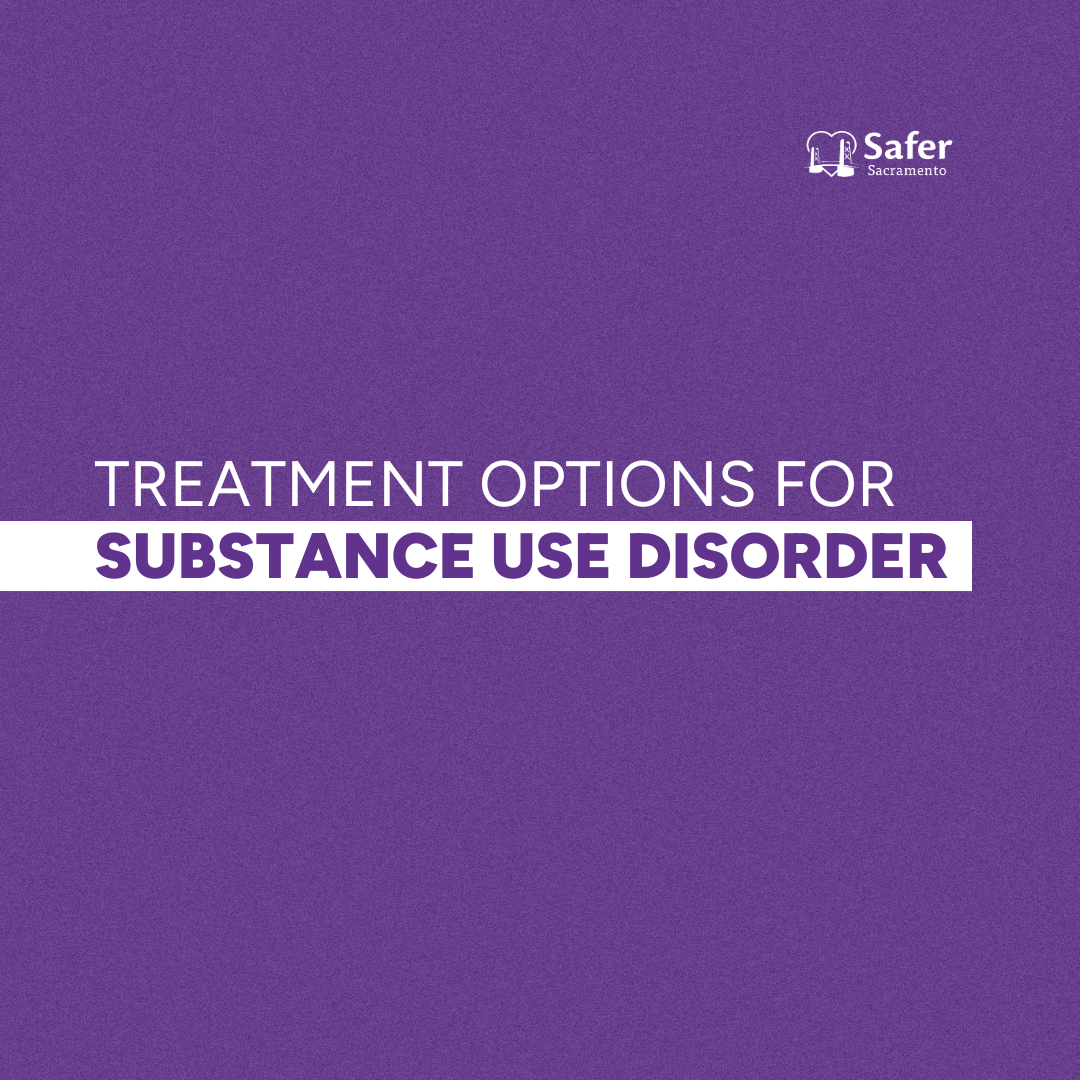Treatment Options for Substance Use Disorder?
Treatment options for substance use disorder (SUD) are diverse and tailored to meet the specific needs of each individual. Effective treatment often involves a combination of therapies and support systems. Here are some of the primary treatment options:
Withdrawal Management/Detoxification (Detox)
Medically supervised detox is a process where individuals are safely withdrawn from substances under medical supervision, often involving medication to manage withdrawal symptoms. Withdrawal management/etox is a short-term solution and often the first step and not a stand-alone treatment. It prepares individuals for further treatment.
Medication-Assisted Treatment (MAT)
For opioid use disorder, medications such as methadone, buprenorphine, and naltrexone help reduce cravings and withdrawal symptoms. For alcohol use disorder, medications like disulfiram, acamprosate, and naltrexone help manage cravings and reduce the risk of relapse. MAT is most effective when combined with counseling and behavioral therapies.
Behavioral Therapies
Cognitive behavioral therapy (CBT) helps individuals recognize and change negative thought patterns and behaviors related to substance use.
Dialectical behavior therapy (DBT) focuses on building coping skills and emotional regulation, particularly useful for those with co-occurring mental health disorders.
Motivational interviewing (MI) enhances an individual's motivation to change and commit to treatment.
Contingency management (CM) provides incentives for maintaining sobriety and reaching treatment goals.
Residential Treatment Programs
Inpatient treatment provides intensive, structured care in a residential setting. Patients receive 24/7 support and therapy.
Therapeutic communities offer long-term residential programs where individuals live and work together to support recovery.
Outpatient Treatment Programs
Intensive Outpatient Programs (IOP): Less intensive than PHP, offering therapy sessions several times a week while allowing individuals to maintain daily responsibilities.
Standard Outpatient Treatment: Regular therapy sessions, often weekly, for individuals with a stable support system and less severe substance use disorder.
Partial Hospitalization Programs (PHP): Intensive treatment that allows individuals to live at home but attend treatment for several hours a day, multiple days a week.
Support Groups and Peer Support
12-Step Programs: Groups like Alcoholics Anonymous (AA) and Narcotics Anonymous (NA) offer peer support and a structured approach to recovery.
Non-12-Step Programs: Groups like SMART Recovery and LifeRing provide alternative peer support options.
Peer Support Specialists: Individuals with lived experience in recovery who provide support and guidance to others.
Holistic and Complementary Therapies
Mindfulness and Meditation: Practices that help individuals manage stress and cravings.
Yoga and Exercise: Physical activity that promotes overall well-being and reduces relapse risk.
Acupuncture and Massage Therapy: Complementary therapies that can help with relaxation and withdrawal symptoms.
Integrated Treatment for Co-occurring Disorders
Dual Diagnosis Programs: Treat both substance use disorder and co-occurring mental health disorders simultaneously for better outcomes.
Collaborative Care: Involves a team of healthcare providers, including psychiatrists, psychologists, and substance use specialists.
Aftercare and Relapse Prevention
Continued Support: Aftercare programs provide ongoing support to help individuals maintain sobriety after completing formal treatment.
Relapse Prevention Planning: Developing strategies to handle triggers, manage stress, and maintain a healthy lifestyle.
Find the Path That’s Right for You
The best treatment approach varies for each individual and may involve a combination of the above options. Personalized care plans that address the unique needs of the individual and provide a continuum of care from withdrawal management/detoxification to long-term support offer the best chance for sustained recovery.




